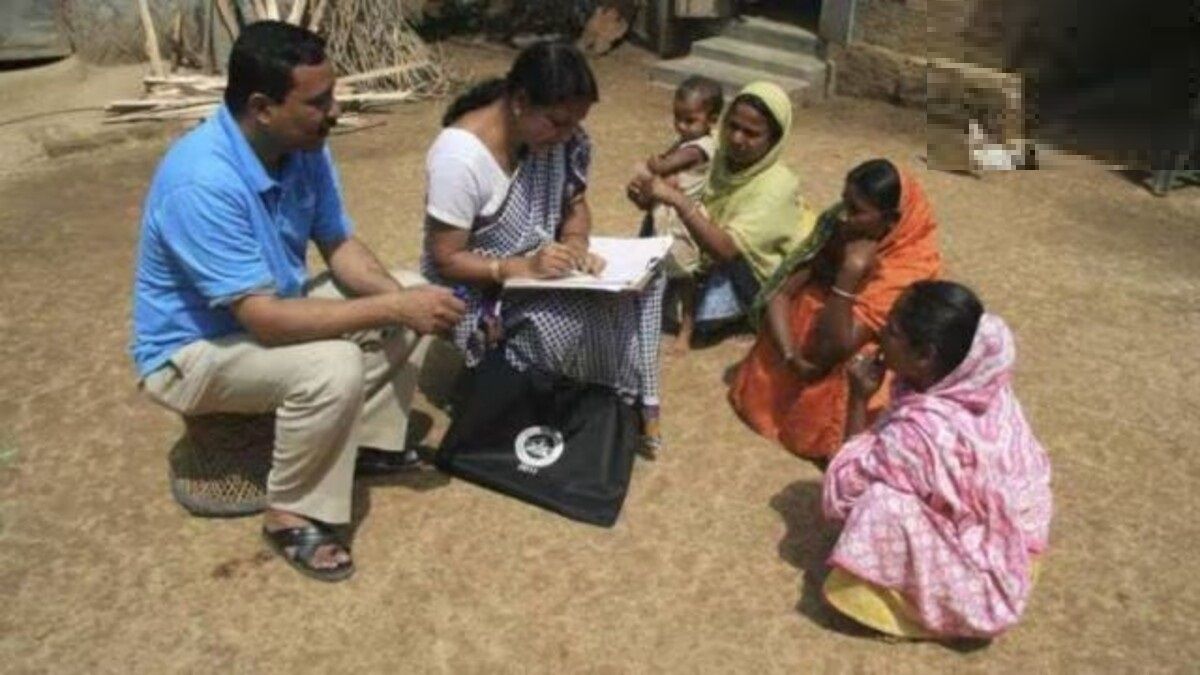Turkish cosmetics sector exports have reached a figure of $1.07 billion (TL 30.6 billion) in the first nine months of 2023, according to the recently obtained data by Anadolu Agency (AA) from the Cosmetics and Cleaning Products Industry Association, posting a surge of 19 % year-over-year.
The exports include hair, skin and sun care products, deodorants and perfumes, makeup and shaving materials, and products for oral and dental health, which are noteworthy in this sector.
Ahmet Pura, the chairperson of the Cosmetic and Cleaning Products Industry Council at the Union of Chambers and Commodity Exchanges of Türkiye (TOBB), in his interview with AA, mentioned that cosmetics product exports were made to more than 150 countries.
Pura pointed out that soap and wet wipe products had the largest share in cosmetic product exports, and these products were mainly exported to the United States, Iraq and the Russian Federation.
He also mentioned that other products with significant shares in exports included shaving products and deodorants, which were mainly exported to Russia and the Netherlands. Pura also noted that hair products were mostly exported to Iraq and Iran, while beauty, makeup and skin care products were exported to Libya and the US.
He indicated that the export in this sector showed a 19% increase in the first nine months compared to the same period of the previous year, and he expects the export to increase by 12% compared to last year, reaching around $1.5 billion by the year. -end.
Evaluating the export size in the sector, Pura said: “The export size in the sector has shown growth compared to the previous year for almost the last five years. Over the years, it is observed that the sector’s exports have maintained an increasing trend. In the last 10 years, the export volume has always been larger than the import, resulting in (the cosmetics sector) being one of the sectors contributing to the closure of Türkiye’s current account deficit.”
He further emphasized some opportunities for increasing exports in the sector, such as producing high-value-added products in line with consumer trends and behaviors in different countries, considering the social culture and continuing research and development (R&D) activities in this direction.
“In addition, increasing branding activities in the sector can be considered as another step that will distinguish our country. Planning actions to create awareness about the European Green Deal and gaining a competitive advantage in the long term are also important for the sector to contribute more to both the environment and the economy,” he said.







